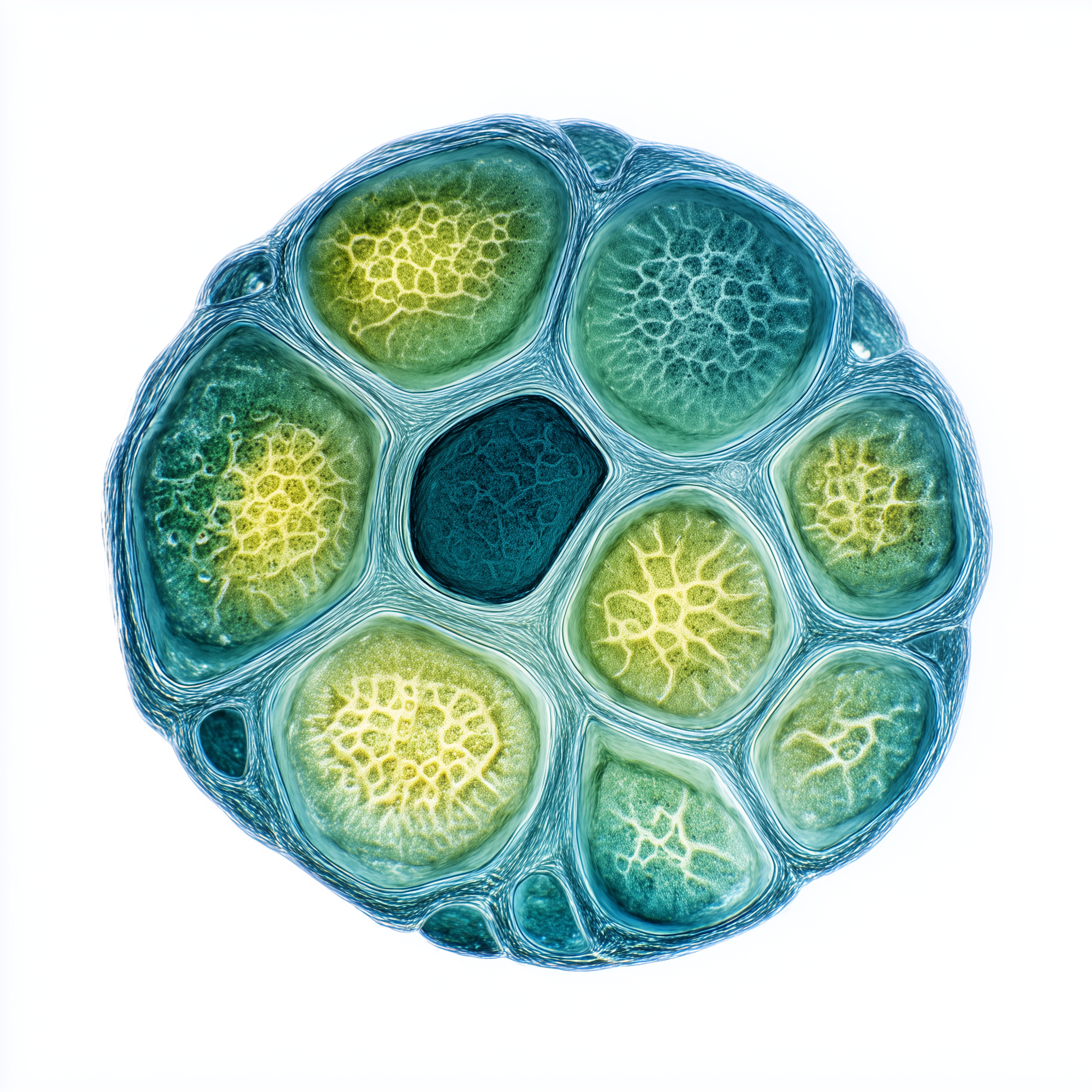
spirulina with clinical backing
Spirulina is backed by decades of research and over 100,000 scientific studies, proving its unique ability to nourish cells, protect mitochondria, and support vibrant health at every level.
One superfood, thousands of studies
- Spirulina offers more nutrients gram-for-gram than any other food on Earth.
- One gram equals the nutrients of 1,000 grams of fruits and vegetables.
- Delivers a vast spectrum of vitamins, minerals, protein, and antioxidants.
Nutrient density describes how much essential nutrition exists per gram of food. The UN’s FAO reports spirulina provides up to 60–70% complete protein by weight and contains high levels of B vitamins, iron, and beta-carotene. 1 gram of spirulina offers the same nutrition as 1,000 grams of fruits and vegetables. Spirulina has been used in global malnutrition interventions, significantly improving weight gain and hemoglobin levels in undernourished children after just 8 weeks of supplementation.
- Spirulina's single-cell structure allows nutrients to absorb quickly and efficiently.
- No plant fibers or cell walls to slow digestion → instant bioavailability.
- High efficient protein and amino acid uptake.
Bioavailability refers to how efficiently nutrients are absorbed and utilized by the body. A National Academy of Sciences analysis found spirulina’s protein achieves over 85% digestibility, surpassing all other proteins. Its amino acids are rapidly absorbed due to its lack of cellulose cell walls. Clinical assessments show spirulina’s phycocyanin and other pigments are highly bioavailable, entering the bloodstream quickly. This efficiency enables spirulina to deliver essential nutrients—such as iron and antioxidants—faster than conventional plant or animal proteins.
- Spirulina contains unique compounds like phycocyanin and superoxide dismutase (SOD).
- These penetrate mitochondrial membranes where ordinary antioxidants can't reach.
- Supports cellular energy (ATP production), reduces oxidative stress, and fights cellular aging.
Mitochondrial health is crucial for energy production and cellular defense. A 2005 study by Li et al. found spirulina’s phycocyanin reduced mitochondrial oxidative damage by 33% in liver cells, preserving ATP synthesis and enhancing cellular respiration. Additional research shows spirulina raises superoxide dismutase (SOD) activity, an antioxidant critical for protecting mitochondria from free radicals. Spirulina’s unique ability to cross mitochondrial membranes makes it a promising nutritional intervention for supporting brain health, energy metabolism, and healthy aging.
- Spirulina supports detox from heavy metals, radiation, and toxins.
- Helps clear environmental pollutants that contribute to inflammation and aging.
- Supports immune resilience and overall cellular health.
Detoxification involves eliminating toxins and heavy metals from the body. A 2013 clinical study (Queiroz et al.) demonstrated spirulina and chlorella reduced blood lead levels by over 40% in chronically exposed individuals after 6 weeks. Spirulina's hard cell wall binds heavy metals, while spirulina contributes antioxidants that reduce toxin-induced oxidative stress. Studies also report spirulina’s role in lowering arsenic toxicity markers in affected populations, suggesting powerful benefits for systemic detoxification and overall cellular resilience.
Research findings
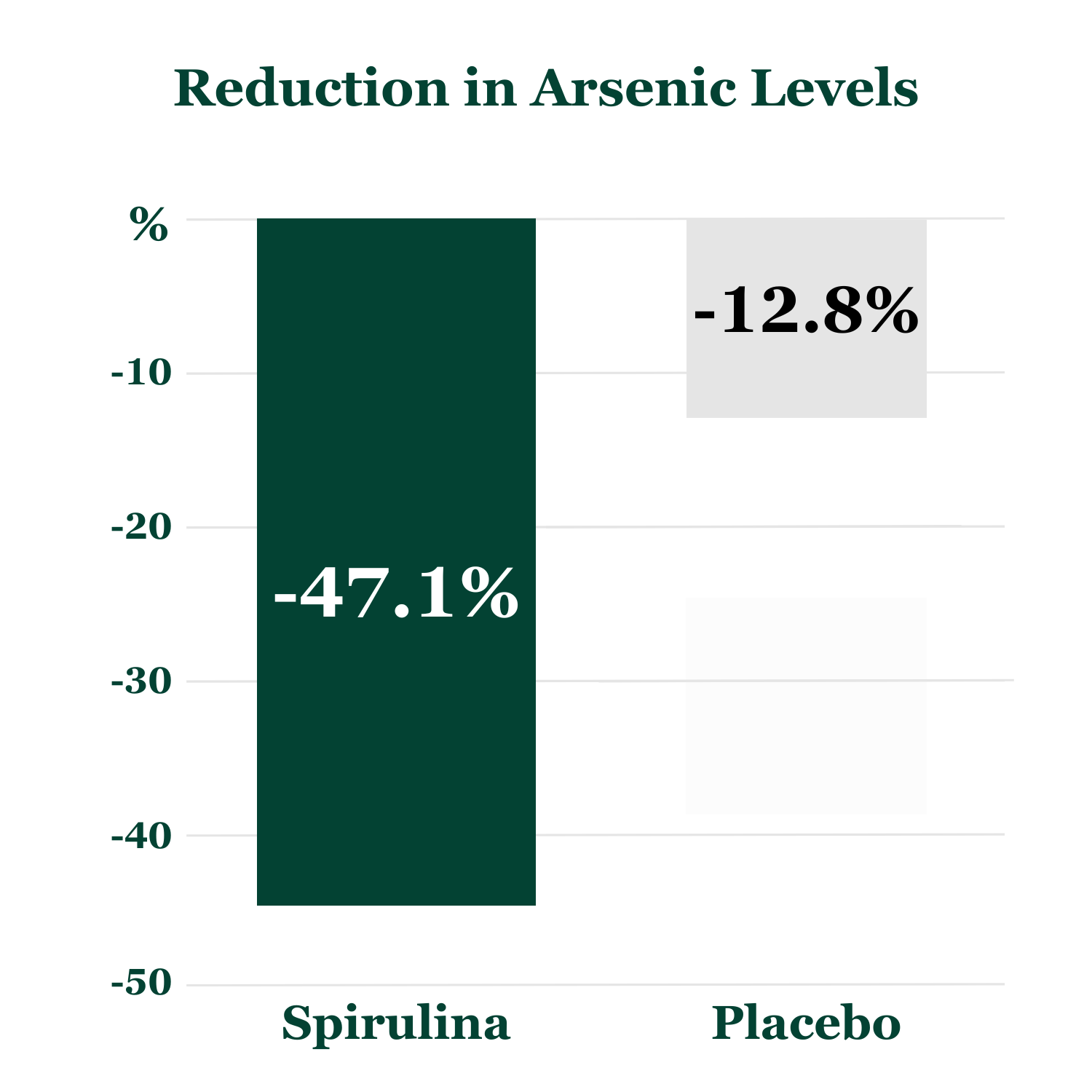
spirulina reduces arsenic levels
- What was studied:
41 patients with chronic arsenic poisoning were given 250 mg spirulina + 2 mg zinc daily for 16 weeks.
- Results:
Blood arsenic dropped by 47.1% in the spirulina group, versus only 12.8% reduction in controls. Skin symptoms improved significantly.
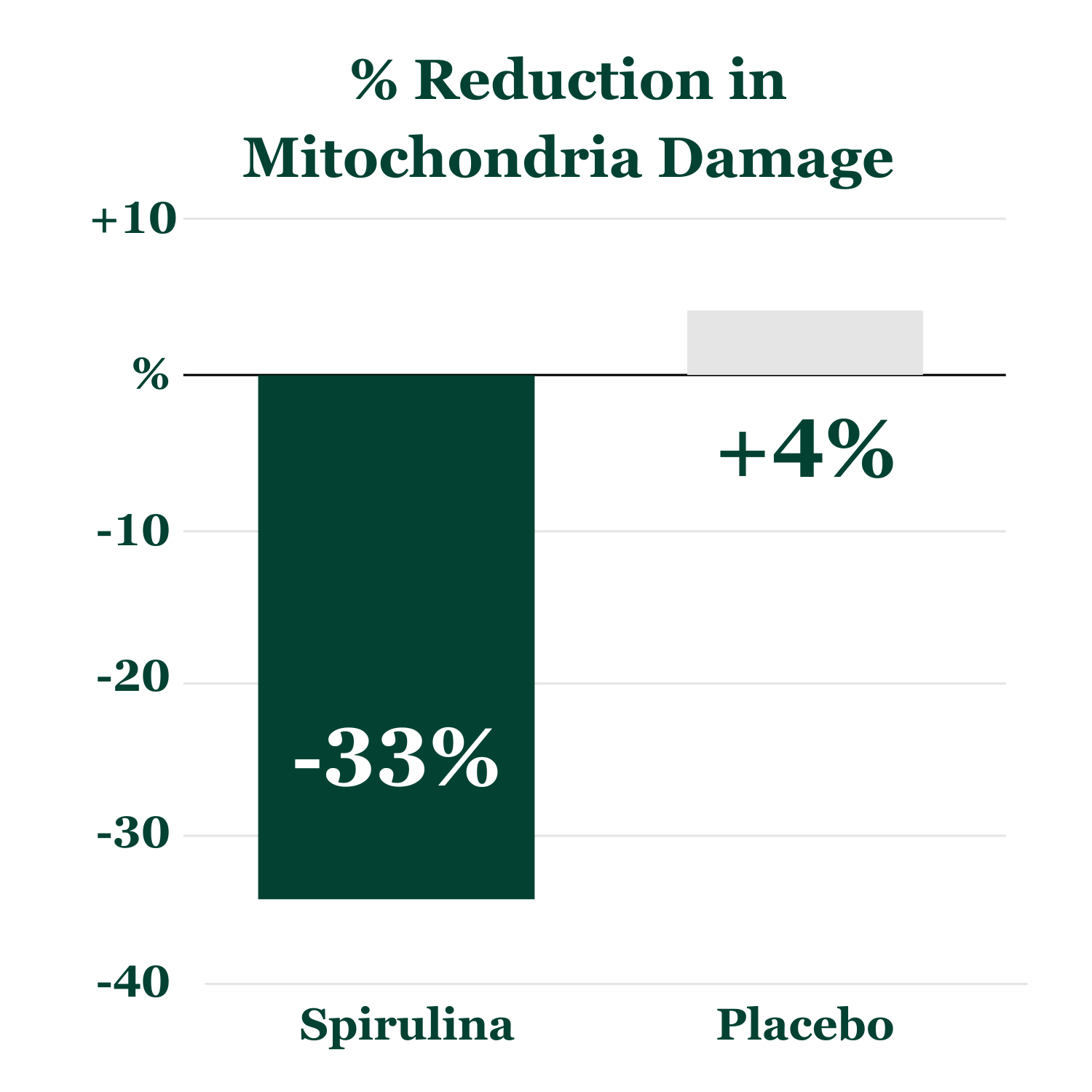
spirulina protects mitochondria
- What was studied
Researches exposed liver cells to oxidative stress and measured mitochondrial damage with and without phycocyanin (the blue pigment in spirulina).
- Results:
Phycocyanin reduced mitochondrial oxidative damage by 33% and preserved ATP production significantly compared to controls.
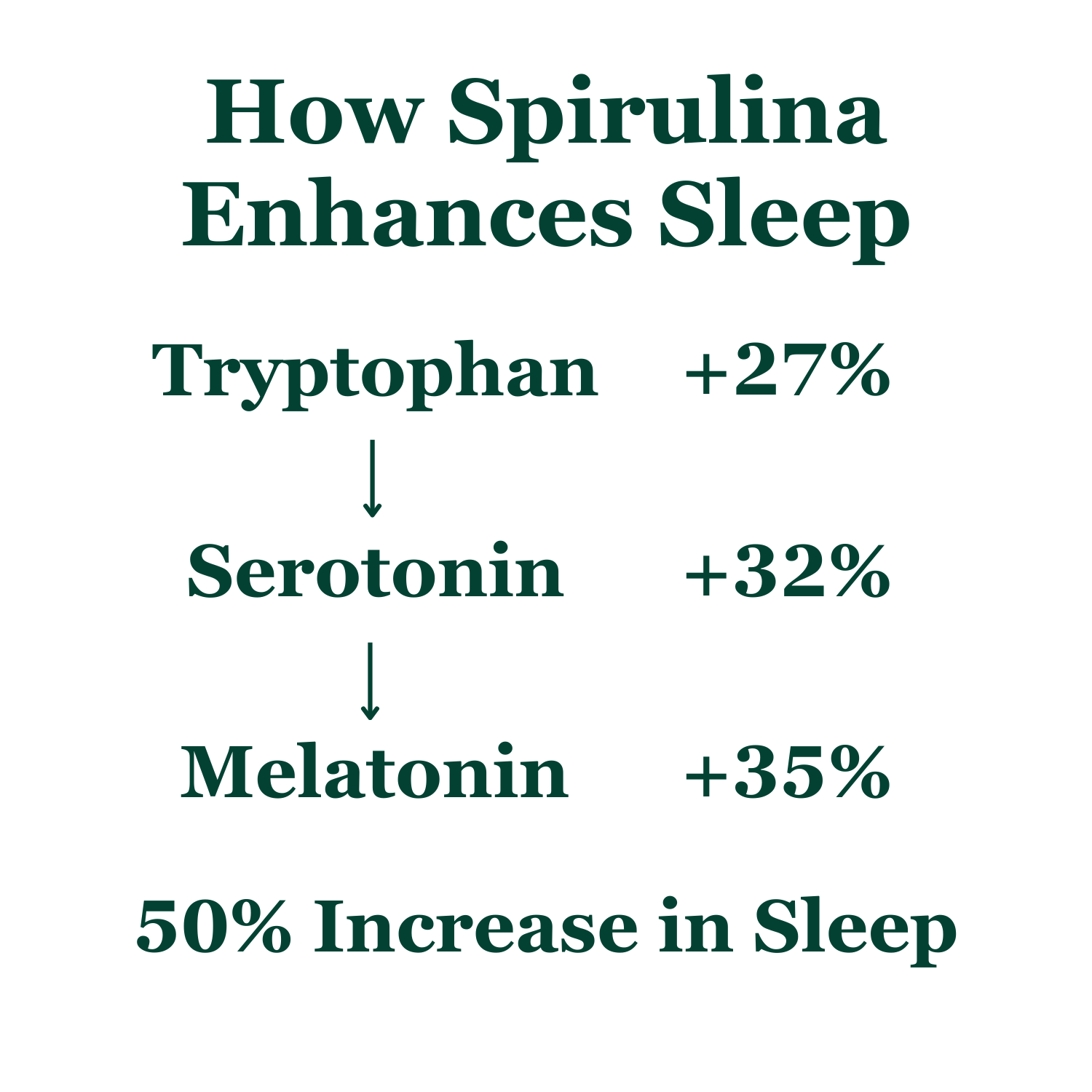
spirulina improves sleep quality
- What was studied:
Spirulina has five times more tryptophan than turkey. Tryptophan is the precursor to serotonin and melatonin, critical for sleep regulation.
- Results:
Increased tryptophan intake has been shown in clinical studies to improve sleep onset and quality by up to 50%.
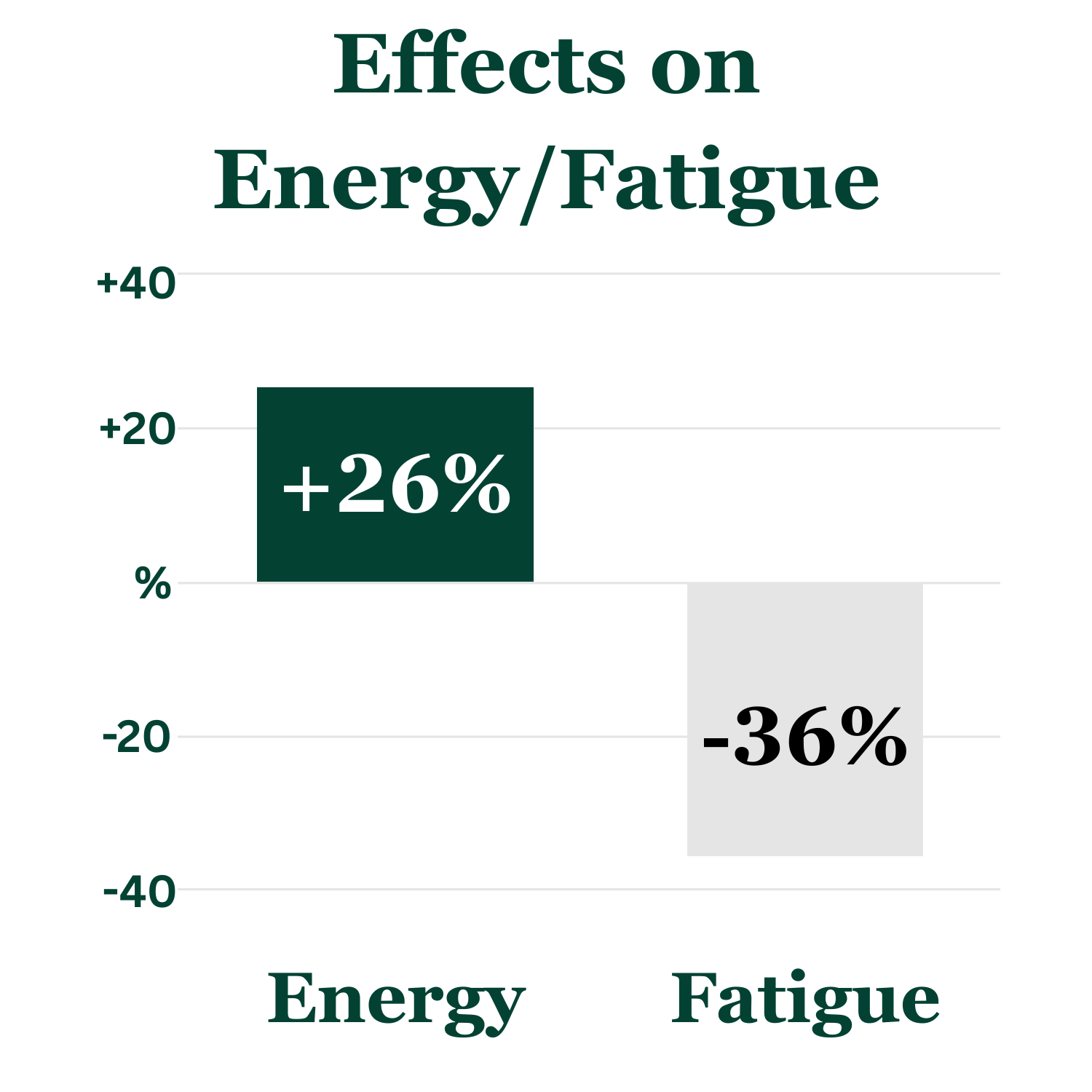
spirulina enhances overall energy
- What was studied:
Older adults consumed spirulina for 12 weeks. Fatigue scores and physical performance were measured.
- Results:
Fatigue scores reduced by 36%
Participants reported better energy and daily activity levels.
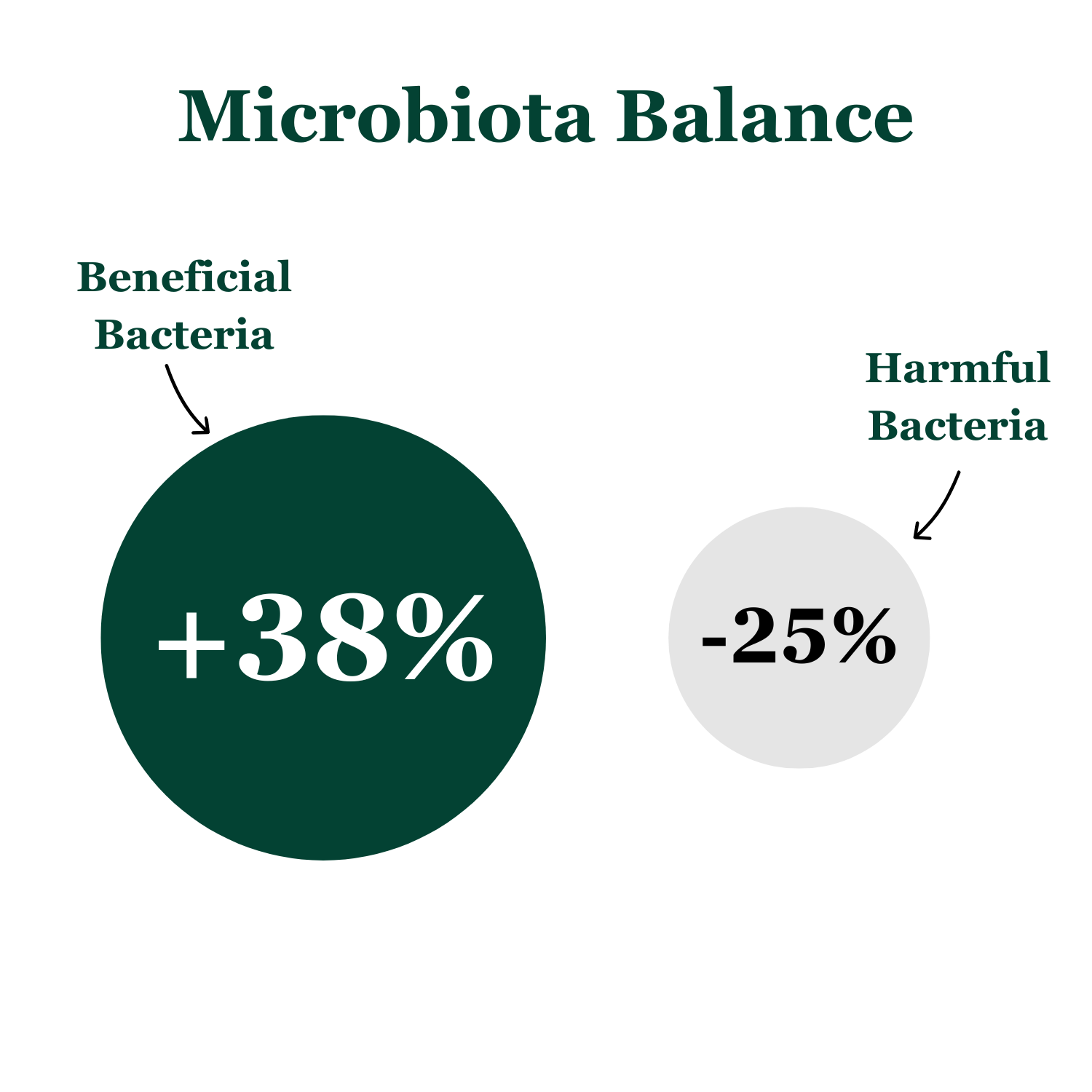
spirulina supports healthy gut microbiota
- What was studied:
Healthy adults were supplemented with spirulina for 4 weeks. Gut microbiota composition was analyzed.
- Results:
Spirulina increased beneficial bacteria like Lactobacillus and Bifidobacterium by up to 38%, and decreased harmful bacteria linked to inflammation
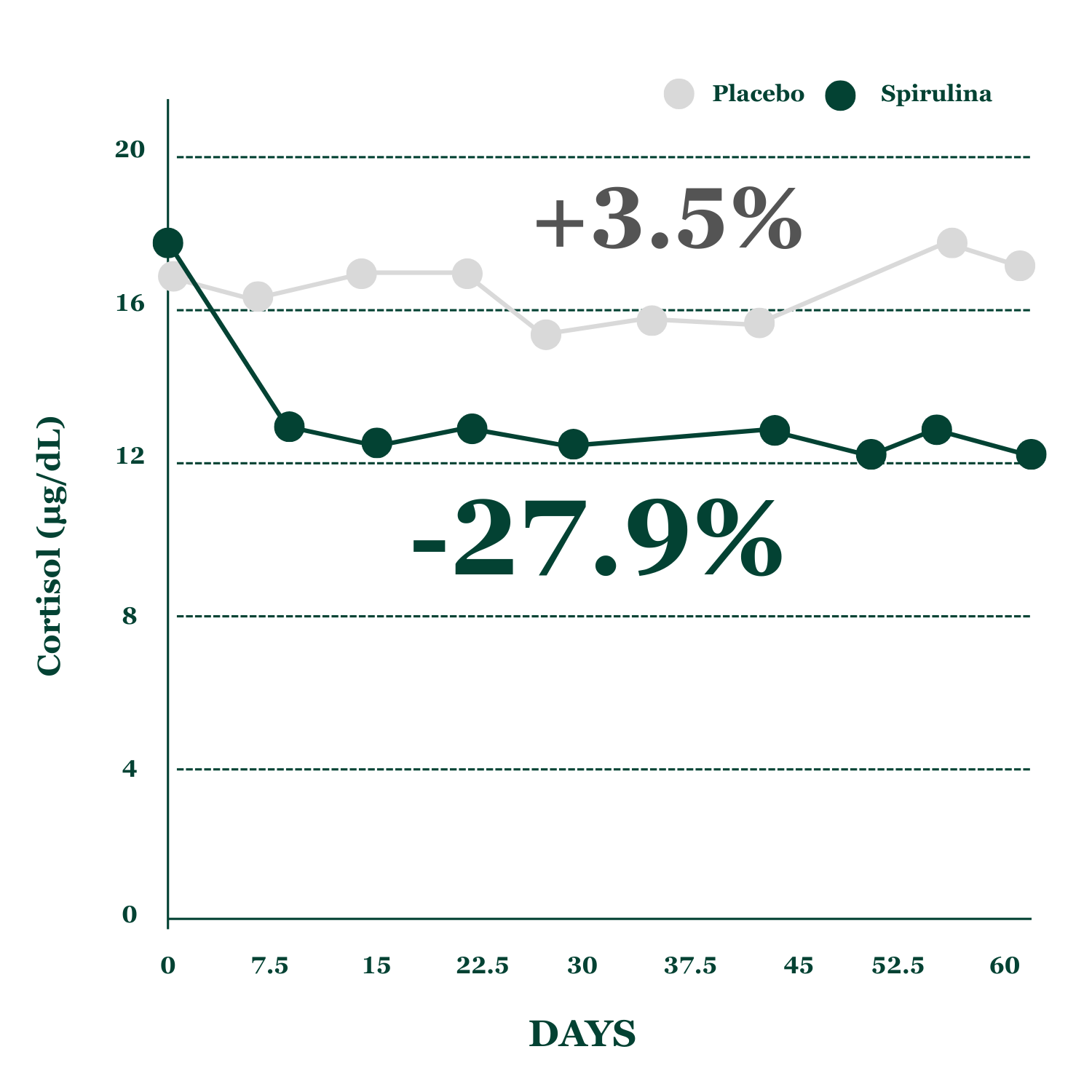
SPIRULINA REDUCES STRESS IN ADULTS
- What was studied:
Adults experiencing chronic stress were supplemented with Spirulina for 60 days. Blood cortisol levers were measured.
- Results:
Spirulina reduced serum cortisol levels by 27.9% compared to placebo, significantly lowering stress biomarkers and improving well-being.
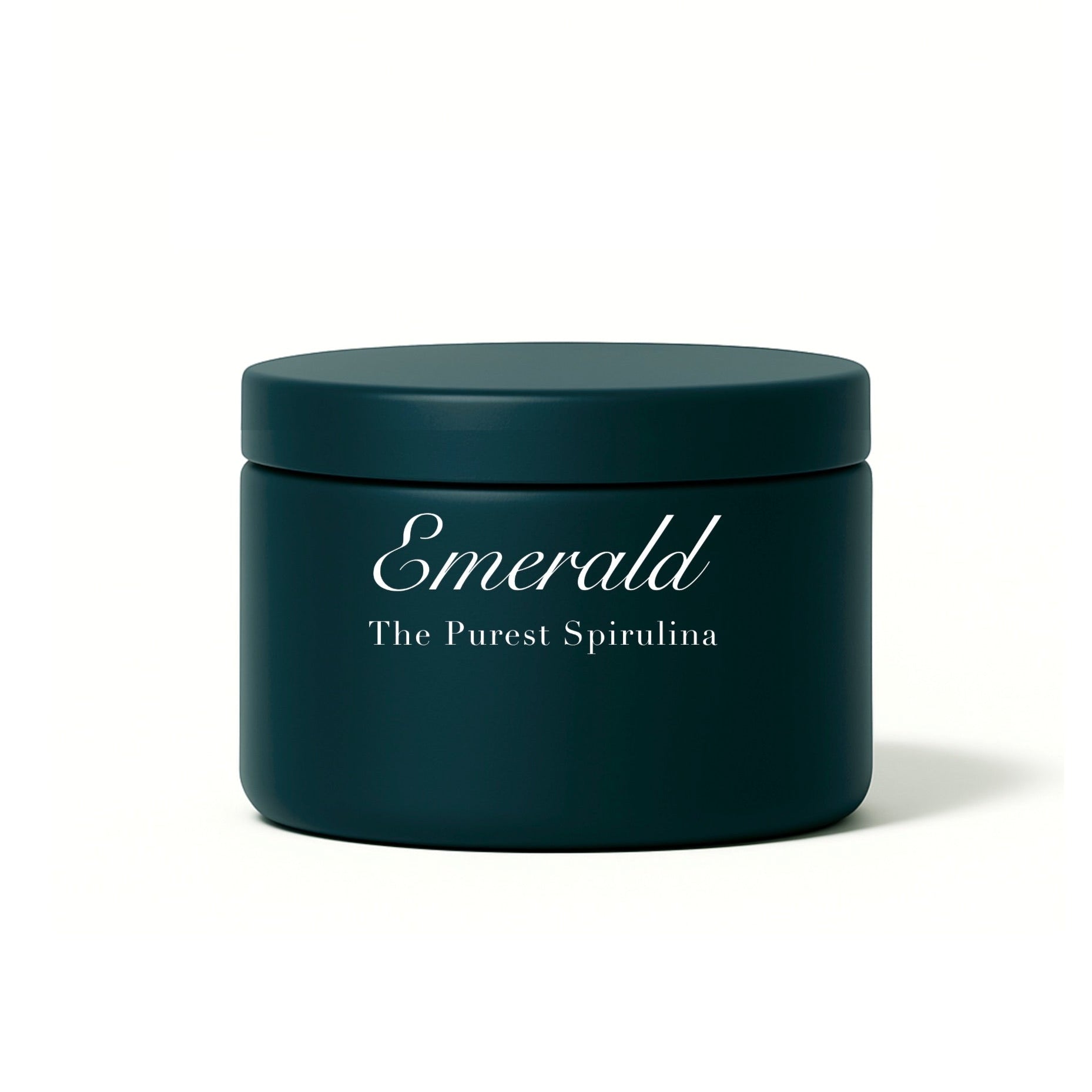
Get results you can count on.
Buy NowMore about emerald
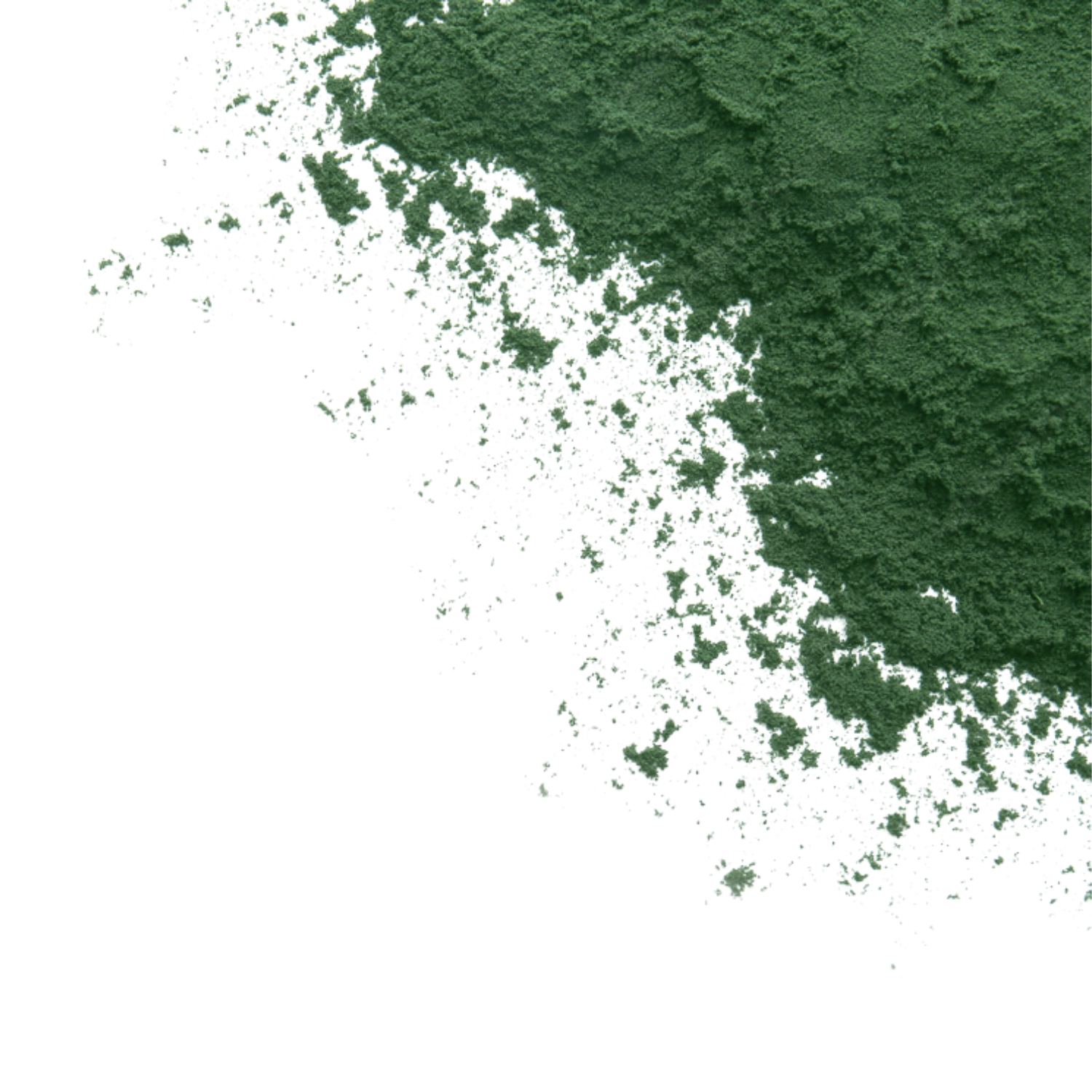
INGREDIENTS

EMERALD SPIRULINA